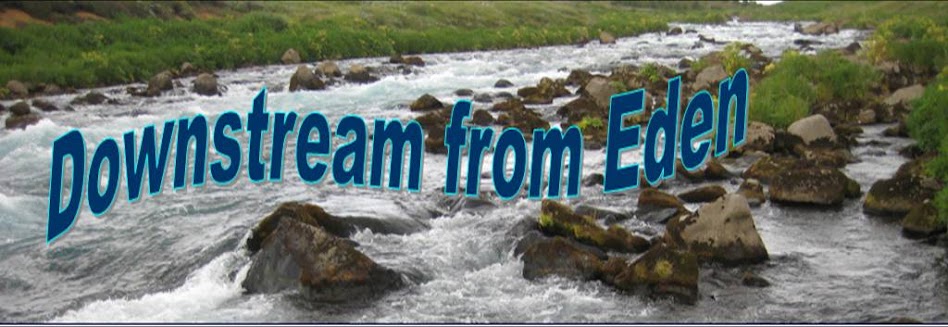 |
| Biyar Daoud - King David Wells, Bethlehem |
"Would I ever like a drink of water from the well at the gate of Bethlehem!” he sighed.
His daring friends secretly accepted the challenge, broke through enemy lines, secured a skein of water and carried it back to David - an exploit full of bravado and esteem for their good friend and leader. No doubt they told in vivid detail how they had pulled off the caper under the noses of the sleeping Philistines.
But for David, the hazards his comrades had faced to get this water for him, made the water sacred. It was no longer a consumable commodity. Drinking it would have reduced it to mere water, when it represented his friends life-blood. Only God was worthy of such a sacrifice. So instead of drinking the water, David poured it out reverently before the Lord.
It’s a timeless tale of friendship and heroic action and it shows how the most common thing like water can have meaning far deeper than the thing itself.









